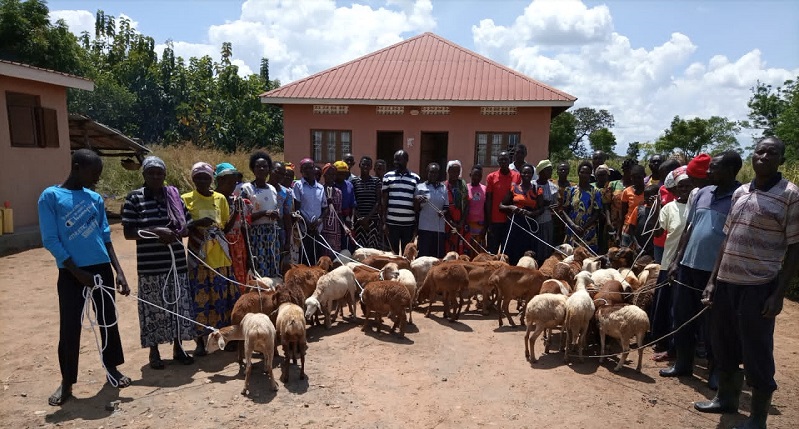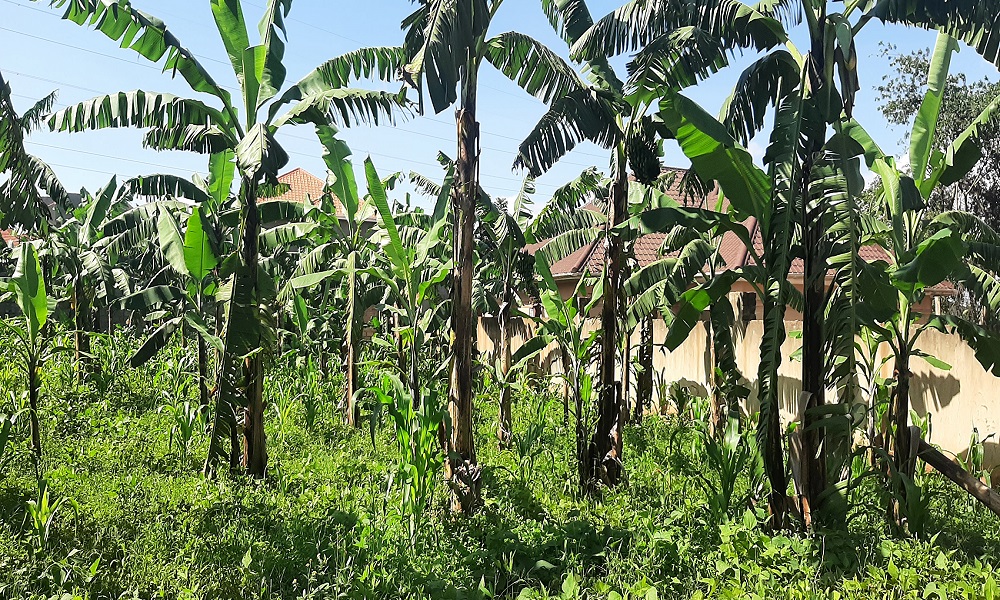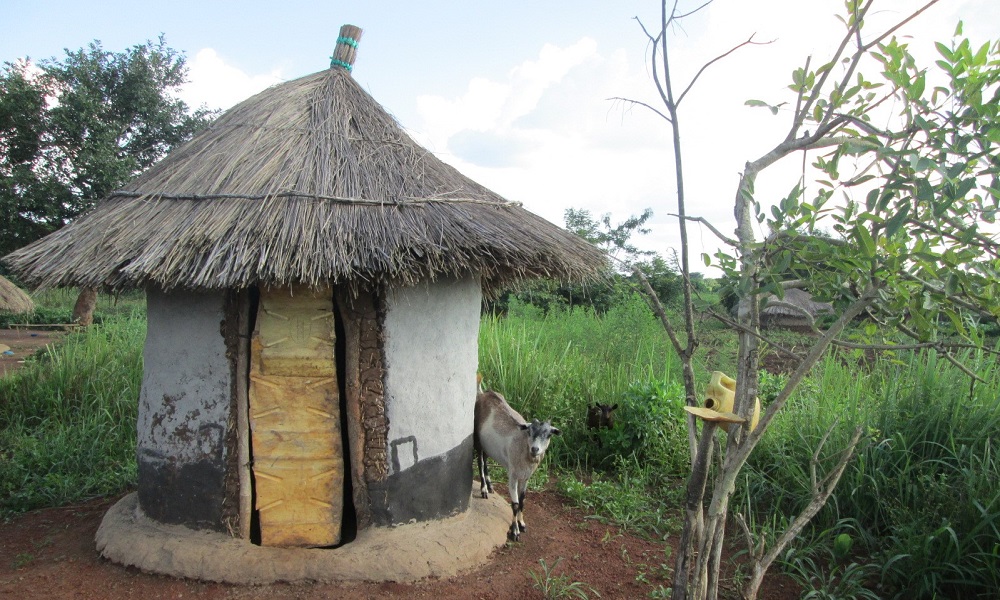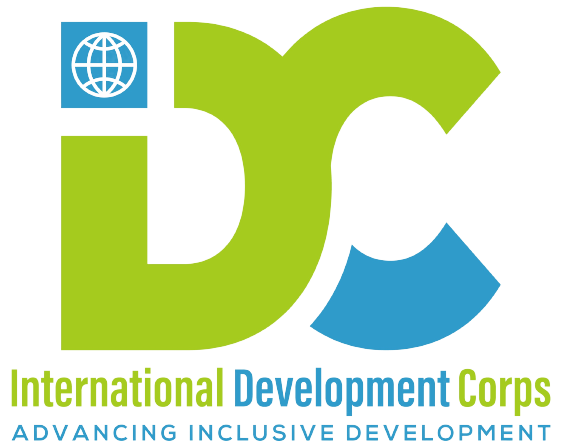Community Nutrition
FACTS & FIGURES
- Approach
- Health
At IDC, community-based nutrition is a key component of our holistic approach to health and nutrition. Good nutrition is essential for the overall well-being of individuals and communities and can have a significant impact on child development, maternal health, and disease prevention.
One of the groups we focus on is children under five, who are particularly vulnerable to malnutrition. We use a range of interventions, including the promotion of exclusive breastfeeding, dietary diversification, and the use of ready-to-use therapeutic foods like plumpy nut to treat moderate acute malnutrition and severe acute malnutrition. We also use anthropometry and Z-scores to monitor the growth and development of children. IDC also designs interventions to address the first 1,000 days of life (window of opportunity) given that this period is critical in the cognitive and physical development of the child.
In addition to children, we also work with pregnant and lactating mothers to promote good nutrition and ensure healthy pregnancies. To achieve this, we use a range of strategies, including the promotion of essential nutrition actions like iron and folic acid supplementation, Positive Deviance Hearth sessions, cooking demonstrations, dietary diversification, and the use of kitchen gardens to increase access to fresh fruits and leafy vegetables.
IDC recognizes the importance of social and behavior change (SBC) strategies in promoting good nutrition. To that end, we work with communities to promote the adoption of healthy behaviors, such as exclusive breastfeeding and dietary diversification. In addition, our care group mothers approach involves participatory selection, training, and mentoring a group of mothers to provide nutrition education and support to other mothers in their community.
Early childhood development (ECD) is another area embedded in our nutrition interventions. We are cognizant of the fact that good nutrition is essential for the cognitive and physical development of children and use a range of interventions, including the promotion of exclusive breastfeeding, dietary diversification, and promotion of backyard/kitchen gardens.
Overall, our community-based nutrition approach is grounded in the principles of self-reliance and sustainability. We work with communities to develop context-specific interventions that prioritize marginalized groups and promote social justice.







